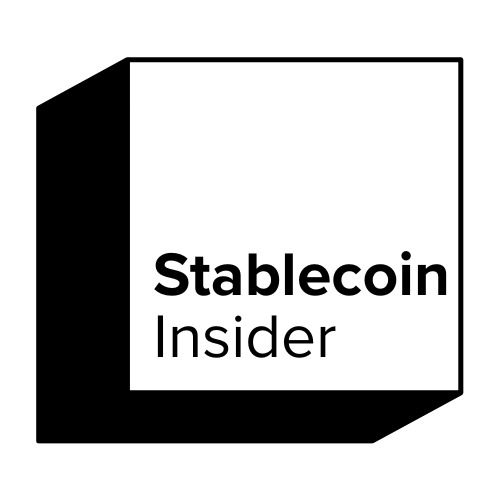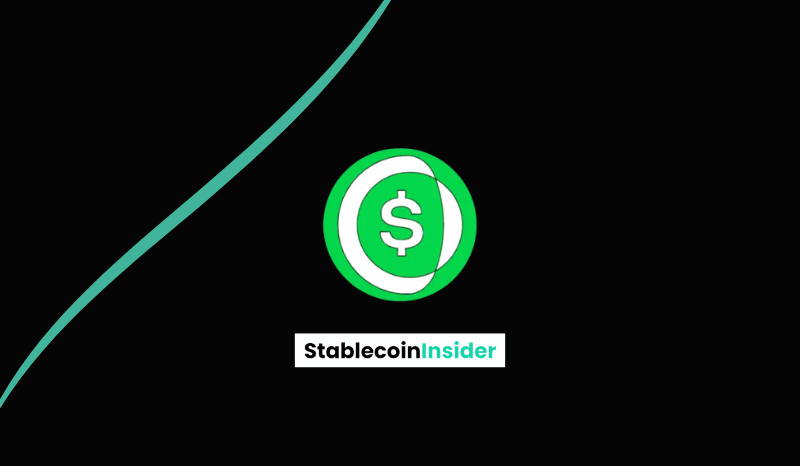Usual Protocol is a decentralized finance (DeFi) platform that introduces a novel approach to stablecoins by leveraging real-world assets (RWAs) like US Treasury Bills for backing.
The core of Usual Money’s ecosystem revolves around two primary tokens: USD0 and USD0++.
This review will delve into the mechanics, benefits, challenges, and overall market performance of Usual Money.
USD0:
- Nature and Purpose: USD0 is a stablecoin pegged to the US dollar, backed at a 1:1 ratio by short-term, highly liquid RWAs. It aims to provide stability and security within the volatile crypto market, offering an alternative to traditional stablecoins like USDT or USDC.
- Backing: The stability of USD0 comes from its backing by assets like US Treasury Bills, which are considered low-risk. This approach aims to mitigate the risks associated with algorithmic stablecoins or those with less transparent reserve backing.
- Utility: USD0 can be used for transactions, savings, and as collateral within DeFi protocols. It’s designed to be integrated into various DeFi platforms, enhancing liquidity and trust in decentralized applications.
USD0++:
- Enhanced Stability and Yield: USD0++ is an innovative twist on traditional stablecoins. It represents a 4-year bond of USD0, locking the asset for this period but offering liquidity through secondary markets. It’s essentially a liquid staking mechanism where holders can earn yields in the form of $USUAL tokens.
- Yield Mechanism: The yield on USD0++ comes from the interest generated by the underlying RWAs plus additional rewards in $USUAL tokens. This dual yield approach makes USD0++ attractive for those looking for higher returns compared to standard stablecoins.
- Liquidity: Despite being a locked asset, USD0++ maintains liquidity through market mechanisms where users can trade their positions, although this comes at the cost of potential price fluctuations compared to the base USD0.
Tokenomics and Governance:
- $USUAL Token: This governance token is central to the Usual Money ecosystem. It’s used for decision-making processes, staking, and reward distribution. Holders of $USUAL can vote on protocol changes, receive a share of the protocol’s revenue, and benefit from yield farming pools.
- $USUAL tokens are distributed to both USD0++ holders as yield and to participants in liquidity pools, incentivizing engagement and growth of the ecosystem.
Market Performance:
Usual Money has seen significant adoption, with its total value locked (TVL) climbing to impressive figures. Recent posts indicate that TVL has surged by substantial percentages, reflecting user confidence and investment.
The protocol has boasted high average annual percentage yields (APY) for USD0++ holders, sometimes reaching over 60%, making it one of the more lucrative yield opportunities in DeFi.
The market cap of USD0 has been reported in the billions, showcasing its scale and the trust placed in it by the DeFi community.
Pros:
- Stability and Security: Backed by tangible assets, offering a level of security not found in many algorithmic or less transparent stablecoins.
- High Yield: Especially through USD0++, users can earn significant returns, combining the safety of stablecoins with the yield of traditional investments.
- Decentralized Governance: $USUAL token holders have a say in the protocol’s direction, promoting a community-driven approach.
Cons:
- Complexity: The lock-in period for USD0++ might be off-putting for some users who prefer immediate liquidity.
- Market Risks: Despite the RWA backing, the secondary market for USD0++ can introduce volatility.
- New Protocol Risks: As with any new DeFi project, there are inherent risks related to smart contract vulnerabilities or unexpected market conditions.
Conclusion:
Usual Money, with its USD0 and USD0++ offerings, represents a compelling blend of traditional finance stability and DeFi innovation.
It stands out for its yield opportunities, asset-backed security, and community governance. However, potential users should weigh the benefits against the complexities of locked assets and the nascent nature of the project.
As with all DeFi engagements, thorough due diligence is recommended. The combination of traditional financial instruments with DeFi’s potential for yield and governance could make Usual Money a significant player in the future of decentralized finance.
Read Related:

